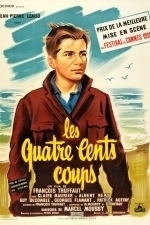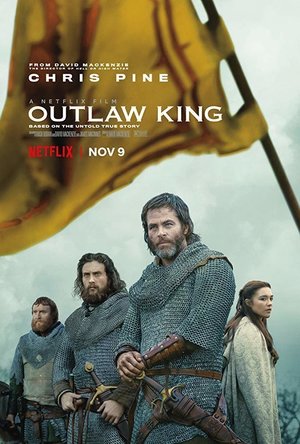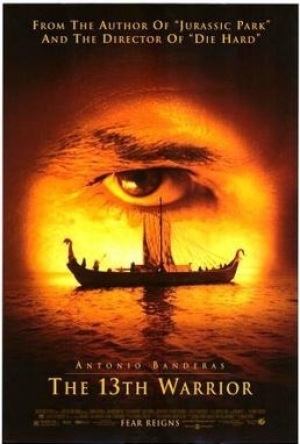
The 13th Warrior (1999)
Movie Watch
The 13th Warrior is a 1999 American historical fiction action film based on the novel Eaters of the...
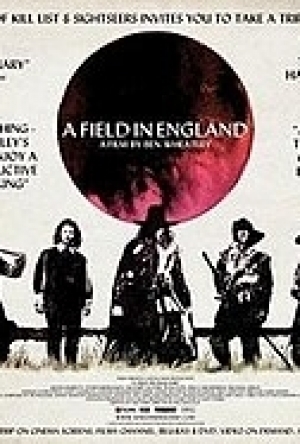
A Field In England (2013)
Movie
A Field in England is a 2013 British historical psychological horror film directed by Ben Wheatley....
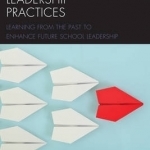
Exemplary Leadership Practices: Learning from the Past to Enhance Future School Leadership
Book
This book shares stories of historical figures from the past as well as contemporary school...
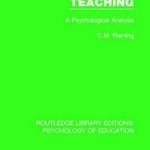
Teaching: A Psychological Analysis
Book
Originally published in 1968, the findings of modern psychological research had contributed much...

German Aesthetics: Fundamental Concepts from Baumgarten to Adorno
J.D. Mininger and Jason Michael Peck
Book
German Aesthetics provides English-speaking audiences with accessible explanations of fundamental...
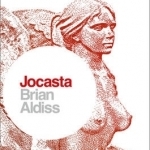
Jocasta: Wife and Mother
Book
A Theban adventure from the master of Science-Fiction, here proving himself adept at imagining...
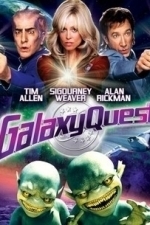
Galaxy Quest (1999)
Movie Watch
The stars of a 1970s sci-fi show - now scraping a living through re-runs and sci-fi conventions -...
Does Policy Analysis Matter?: Exploring its Effectiveness in Theory and Practice
Book
How well can democratic decision making incorporate the knowledge and expertise generated by public...

